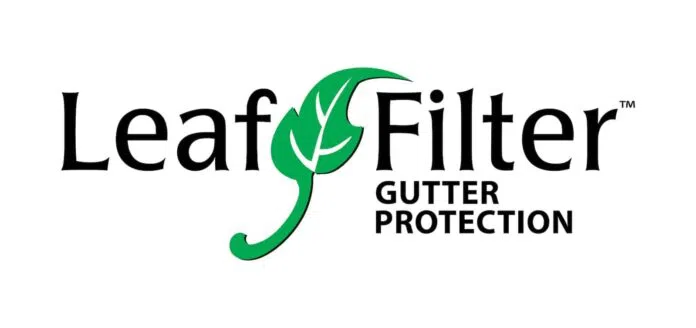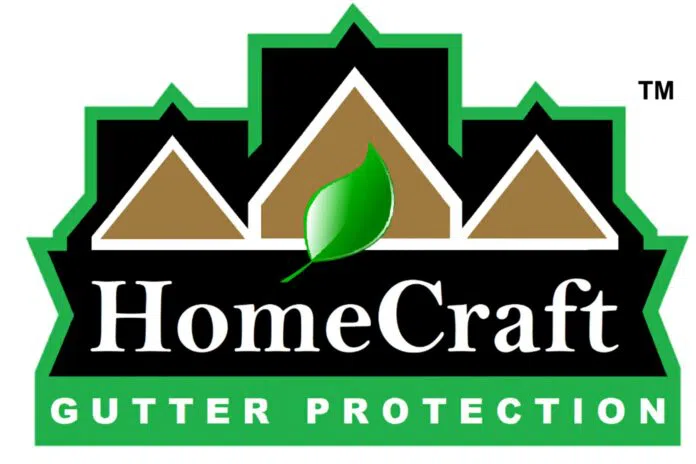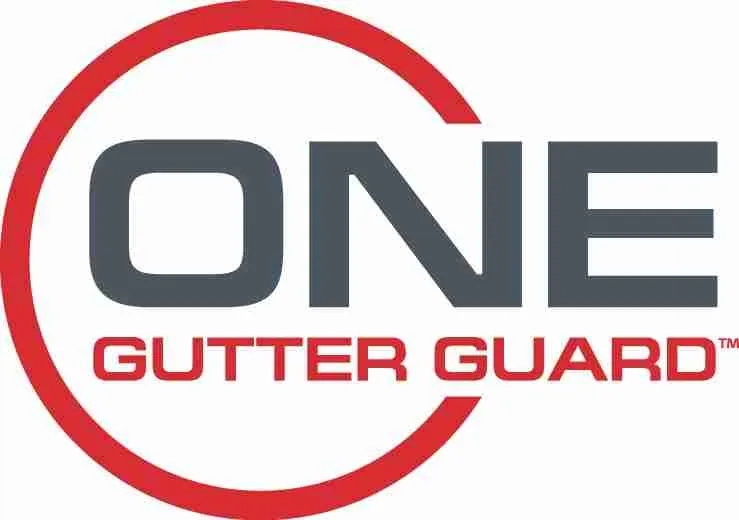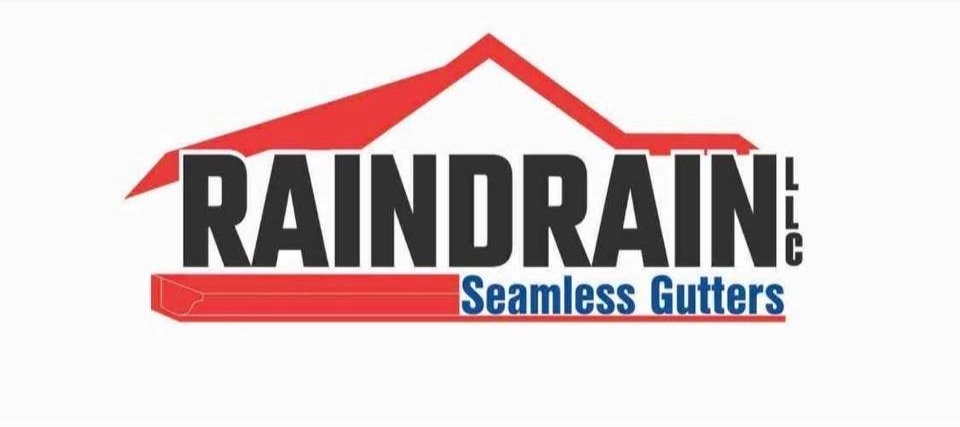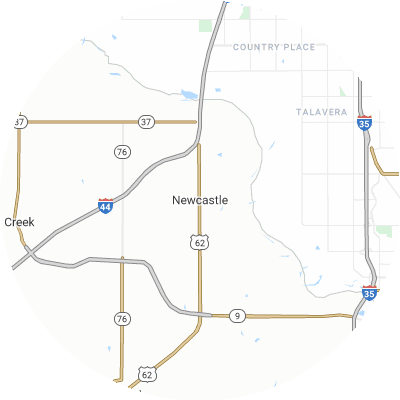Signs You May Need Gutter Guards
Gutter guards aren't always necessary, but evidence of clogged gutters is clear. Signals of chronic gutter troubles are:
- Frequent clogs that lead to overflow and water spilling over gutters
- Visibly damaged, sagging, or misaligned gutters that no longer direct rainwater correctly
- Leaky joints or seams where water leaks from the gutters
- Soggy ground or visible erosion around your foundation
- Mold growth, interior wall stains, or peeling exterior paint on walls near gutters.
How To Choose a Gutter Guard Installer
Assess Their Experience
The right installation company will have ample experience, including many years in business and experience with several brands and models. Companies with experience can properly take measurements and fit gutter guards to meet your distinct needs. Inquire about how long a company has been performing installations and request referrals from nearby customers.
Verify Proper Licensing and Insurance
Verify that any providers you're considering are properly licensed, bonded, and insured, holding both general liability and workers compensation protection. This protects you from liability for possible injuries and accidents. Request current licensing and insurance papers from any potential providers.
Choose Reputable Brands
Look for reputable gutter guard brands such as LeafFilter and Gutter Helmet when selecting an installer. Avoid off-brand or generic no-name guards, which likely lack thorough testing.
Seek Custom Fit Services
For ideal performance, gutter guards need to be sized and cut on-site to match your unique gutter setup. Choose a company that uniquely sizes and cuts guards specifically for your home, rather than using universal guards. Correctly fitted guards will leave no gaps for debris to get stuck.
Examine Warranties
Top gutter guard companies often offer 20-year or lifetime warranties against clogs, leaks, rust, and other issues. When picking a company, carefully examine the warranty details for both workmanship and materials guarantees. Warranties provide the most effective protection for your gutter investment.
Check Reviews and Referrals
You should check online reviews on sites such as the Better Business Bureau (BBB), Yelp, or Google Reviews to read about customer experiences. You can also ask neighbors to suggest quality local gutter guard companies. When researching providers, you should opt for companies with a history of good reviews instead of just one or two reviews.
Types of Gutter Guards
The six typical types of gutter guards include the following:
- Brush guards are what they sound like: large brush bristles that sit in your gutters to block debris but let water through. On average, you can expect to pay $4.03 per linear foot for brush guards.
- Foam guards are light and easy to install. With this type of guard, debris lands on the foam instead of in your gutter. Foam guards cost around $2.45 per linear foot.
- Screen guards have large holes that allow water through while blocking debris. On average, you can expect to pay $4.12 per linear foot for screen guards.
- Mesh guards have smaller holes than screen guards and similarly stop debris while allowing water to filter through. They are durable and let debris slide off rather than sit on top of your gutters. On average, you can expect to spend $3.92 per linear foot for mesh guards.
- Micro-mesh guards are typically the most effective. Micro-mesh guards have smaller holes than standard mesh guards, which allows even less debris through. Micro-mesh guards cost around $5.02 per linear foot.
- Surface tension guards, sometimes called reverse curve guards, use surface tension to encourage debris to slide off while water flows through into the gutter. They are normally visible from the ground. Surface tension guards cost roughly $3.04 per linear foot.

